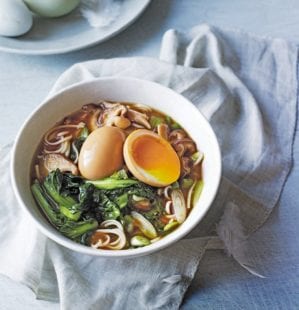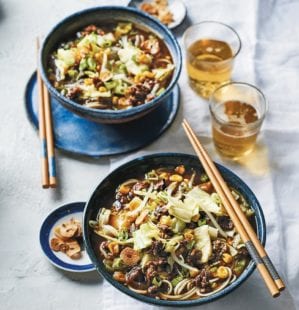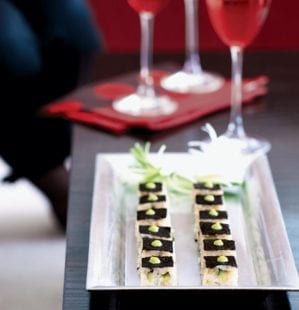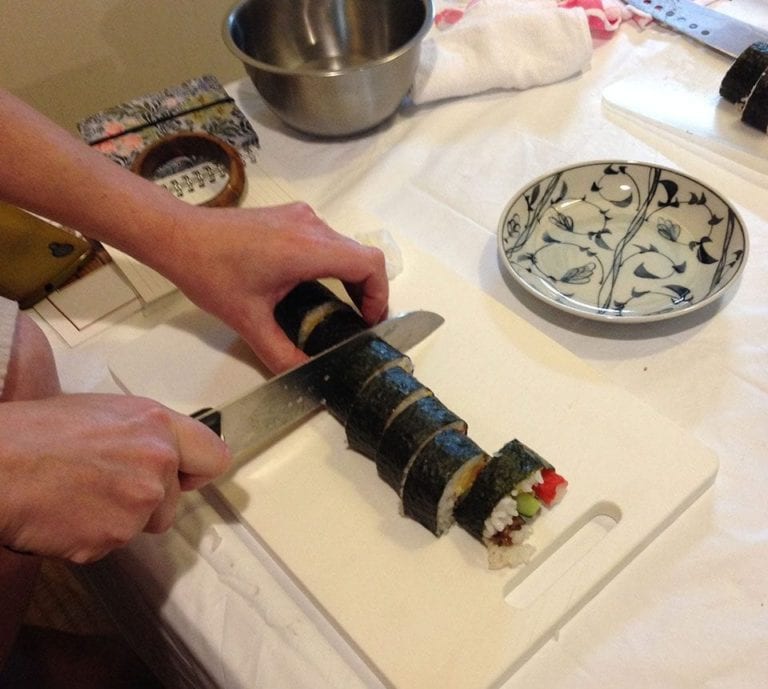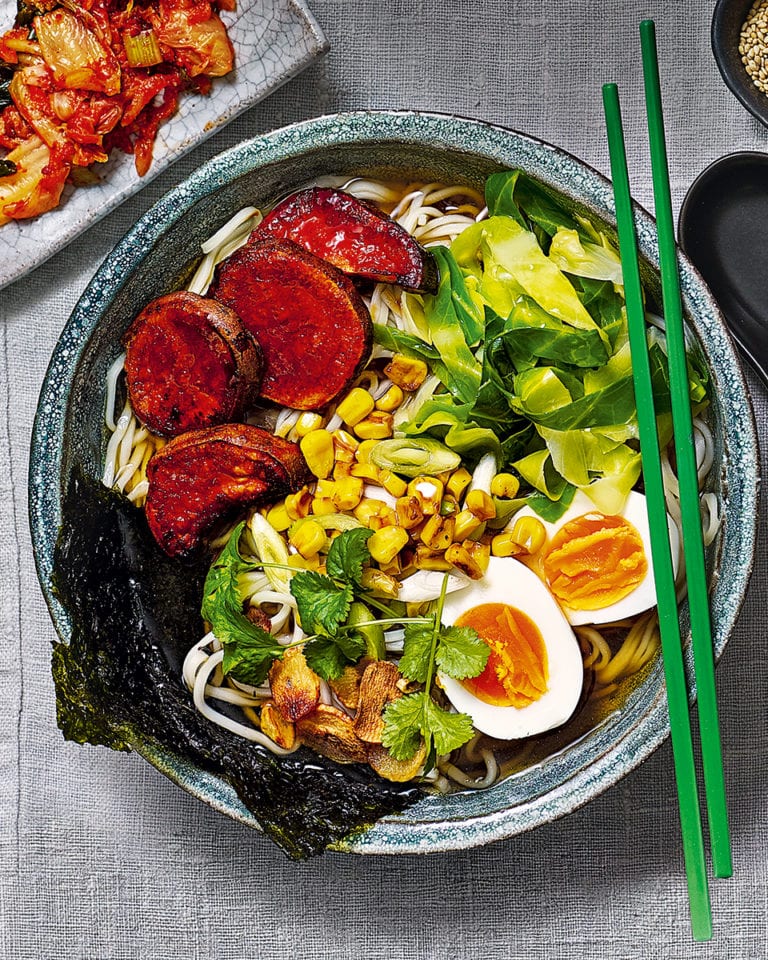10 fantastical things about food and drink in Japan
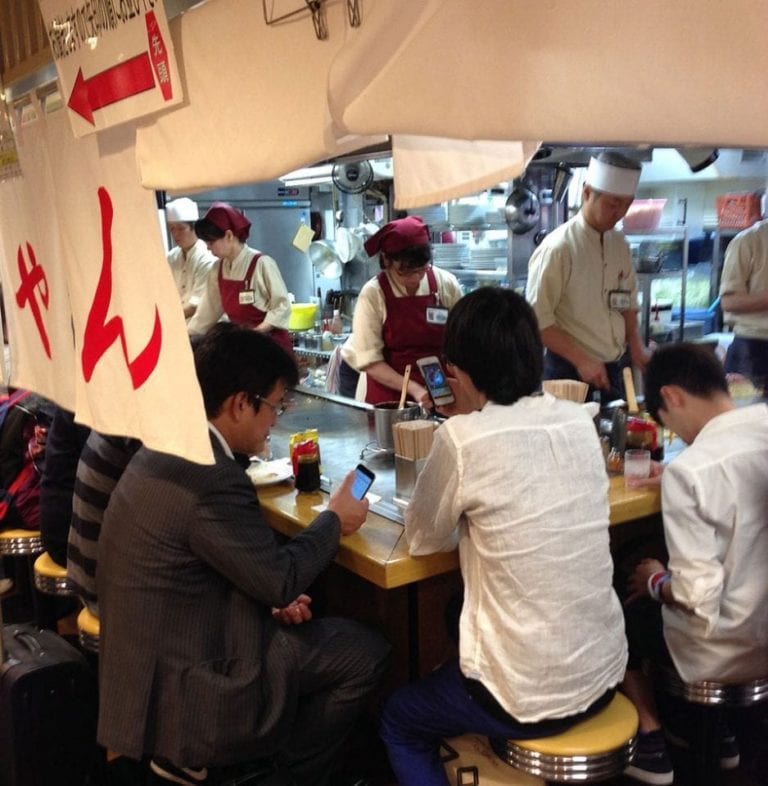
By Les Dunn
The delicious. team have gone Japan-mad recently, with three of us making separate trips. Here’s some stuff every visiting food lover needs to know about…
1. The vending machines
Vending machines as wide as football goalmouths line the streets in Japan, and they’re things of beauty and wonder. You can get must-try-even-if-it’s-horrible hot coffee in cans but my favourite item is the Suntory Highball, which is whisky and soda in a can. The advertising slogan could be: ‘refreshingly weird’.
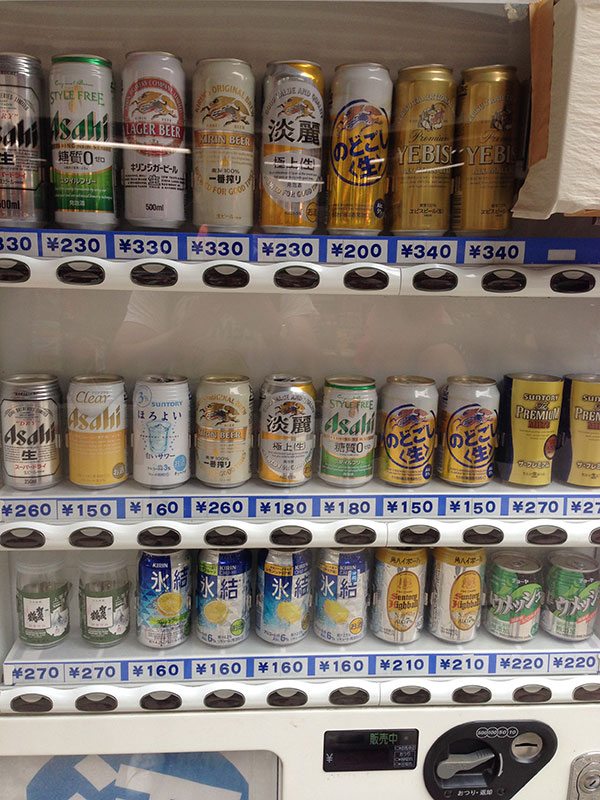
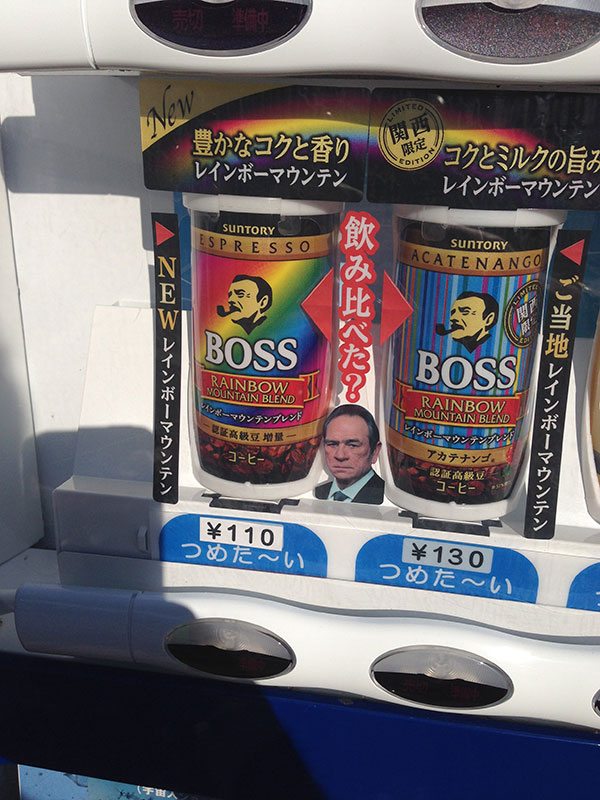
2. Detailed plastic re-creations of meals
One of the most helpful things about Japanese restaurants, from a tourist point of view, is that many of them have a plastic model of each meal on the menu, displayed outside the restaurant. There are different grades of realism when it comes to these creations, and few are as amazingly detailed as the burger below (which isn’t actually a dish you can buy, by the way – it’s the shop window display of a place that seems to be the Rodin of plastic food makers). There’s a whole street of plastic food makers in the Asakusa neighbourhood of Tokyo – worth checking out if you have a spare hour or two.
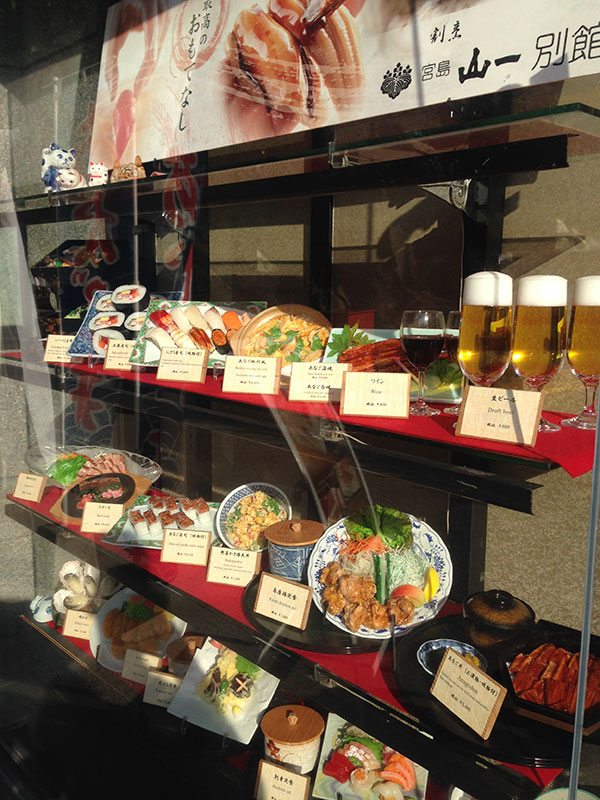
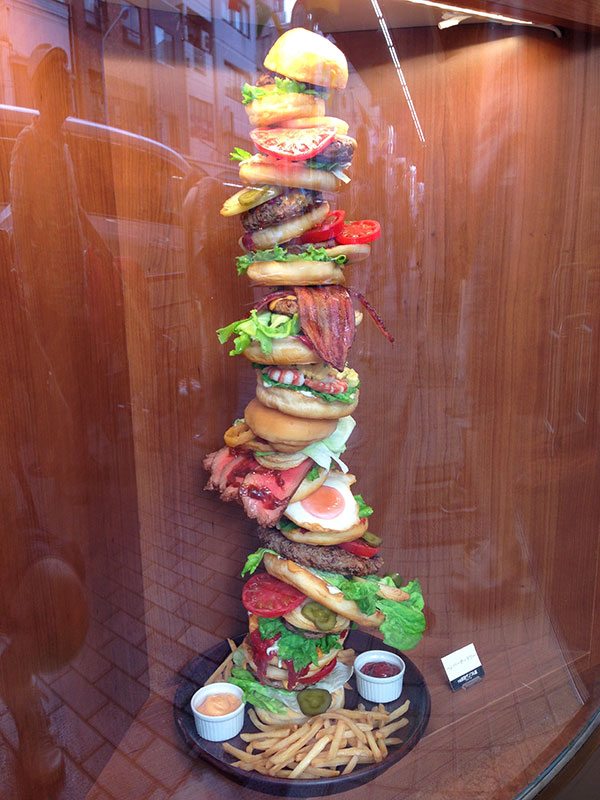
3. Pickles!
With every meal you order in Japan (unless it’s a ramen snack), you get a little dish of seasonal pickles. Everyone’s had pickled ginger with their sushi but that’s only the beginning of it. In Japan they pickle every root and vegetable going – and they do it well. They make pickling sexy, like confit. It’s pickle porno.
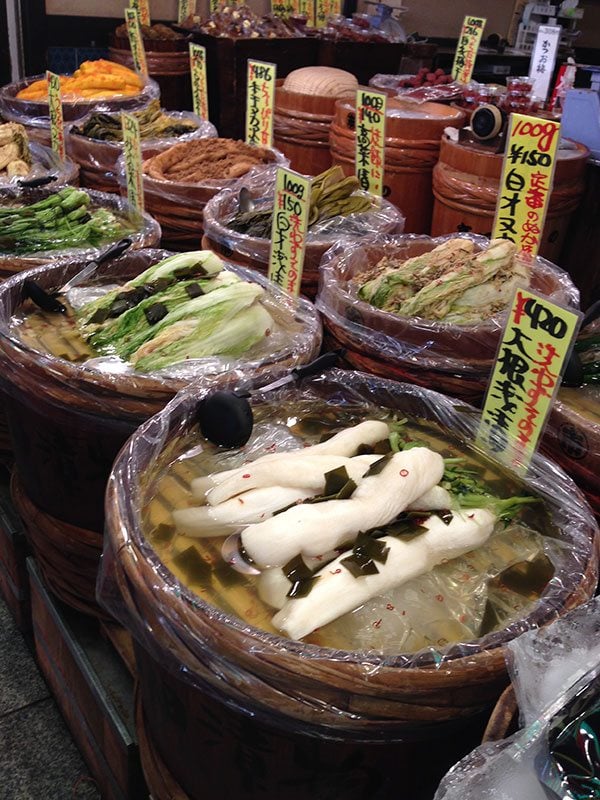
4. The amazing broths
There are some great broths in the world: Vietnamese pho, cock-a-leekie, french onion soup… But Japan probably has the greatest variety of broths and miso soups you could ever imagine. I found myself in constant wonder at them and finally decided red miso (which comes from Nagoya) was my favourite. However, a Japanese woman I was dining with said the red miso we were enjoying in Tokyo, while perfectly fine, wasn’t a patch on the red miso soup in Nagoya, where she was from. I know nothing…
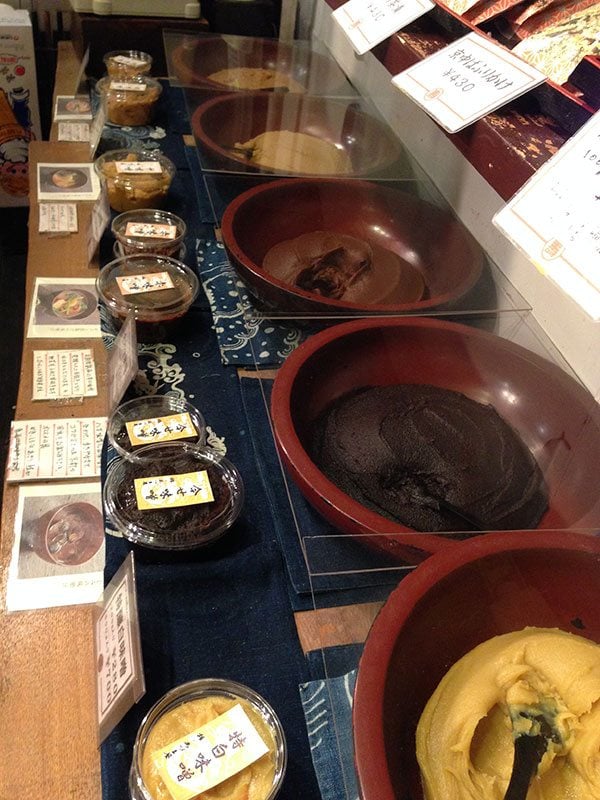
5. The sumo wrestlers’ daily hotpot
How do sumo wrestlers get so blummin’ big? Well, partly because every day they eat a big hotpot with fish, meat and vegetables in it called a chankonabe. In Ryogoku, Tokyo’s ‘Sumo City’ district, there’s a chankonabe restaurant called Yoshiba, in a building that used to be a sumo stable (where the wrestlers live, grow up and train together in a kind of family unit). It’s owned by a former sumo star and still has the dirt-floor wrestling ring in the middle of the restaurant, and black-and-white pics of sumo champs on the walls. It’s Japanese comfort food, good for a chilly evening.
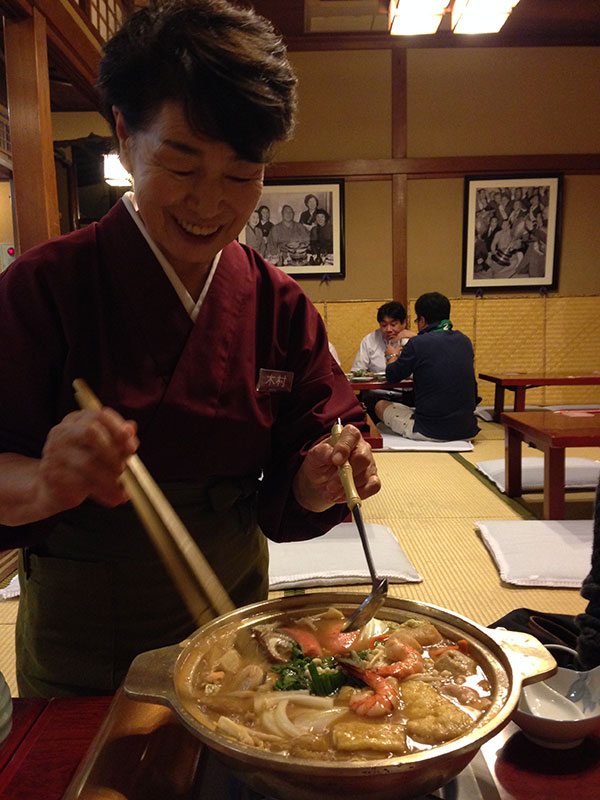
6. Bullet-train bentos
You take a long train journey in the UK. You rush to some chain outlet and grab a stale pastry or, worse, you don’t have time and must brave a microwaved bacon sandwich from the buffet car. Taking a train in Japan is rather different. For one thing, the stations are like villages, with shops, restaurants, pubs, maybe a post office. Best of all you can buy an ekiben for your journey. They’re special bentos sold only in stations, with foods inside produced along particular shinkansen (bullet train) routes. And they’re rather wonderful.
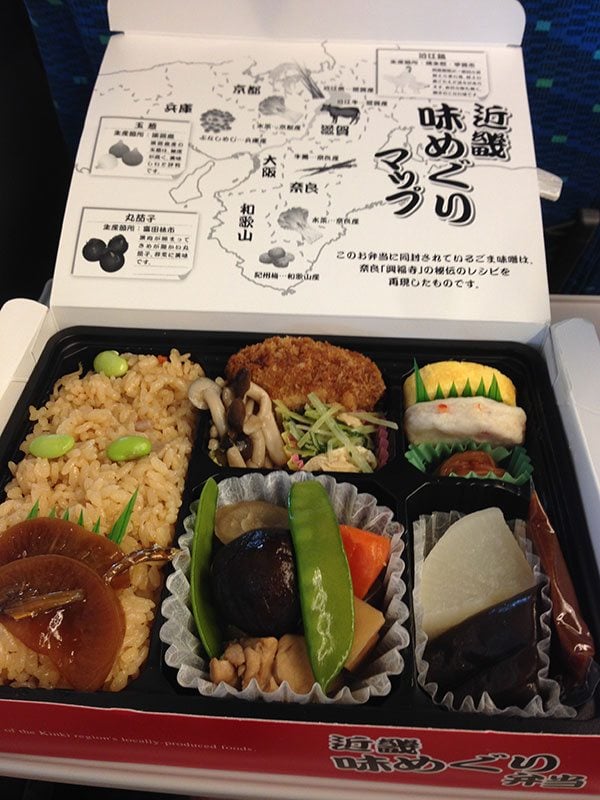
7. Sushi that ruins sushi for you in the UK
Sushi in Japan can make the sushi you typically get in the UK look like the plastic version you see outside sushi restaurants in Japan. The sushi rice is softer in Japan and not so firm and chewy. The fish is super-fresh and the varieties are much more varied. There are lots of different cuts of tuna, for instance. I can’t see the point of going for sushi in the UK any more (he said, sniffily).
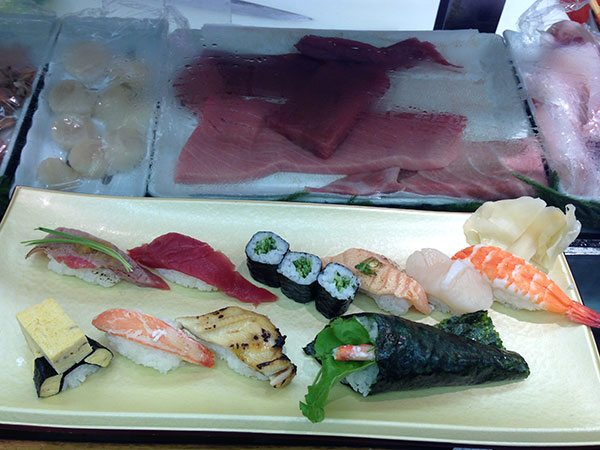
8. Tokyo fish market
A morning visit to Tsukiji, the world’s biggest fish market, is essential for any tourist – especially because the market will soon be moving from its cavernous old building near the bay (complete with vintage factory lights and other stuff that leaves magazine photographers in ecstasy) to a new modern unit that’s unlikely to have the same atmosphere. You’ll see fish you recognise, fish you don’t recognise, and fishy things that make you go “ugh?”. See it while you can…
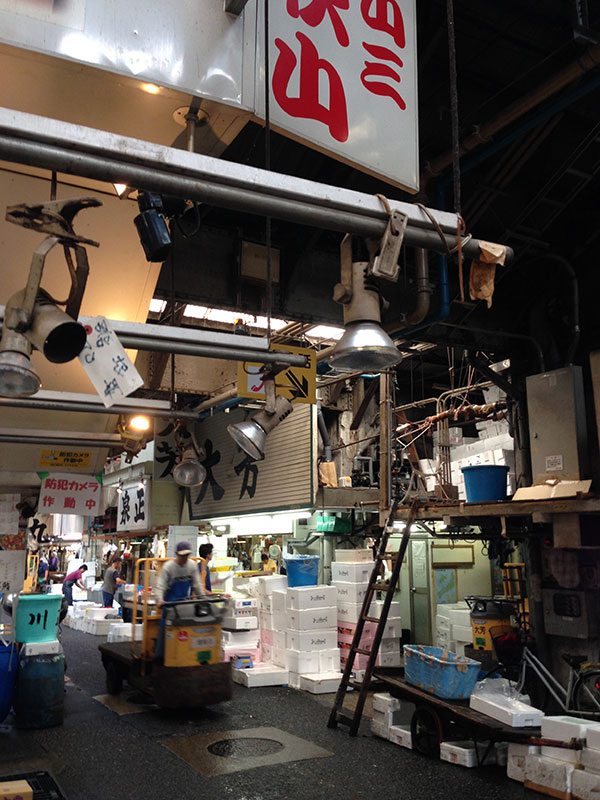
9. Every restaurant is good
OK, this was only my family’s experience, but we quickly discovered in Japan that it’s hard to find a bad restaurant – and therefore not worth wasting too much time umming and ahhing about where to go. There might be small variations in price, but the quality is generally high. I’ve been told this is because of the Japanese culture of having pride in what you do (and, conversely, the shame of not being up to scratch) but whatever the reason, it’s how we found things to be. So enjoy!
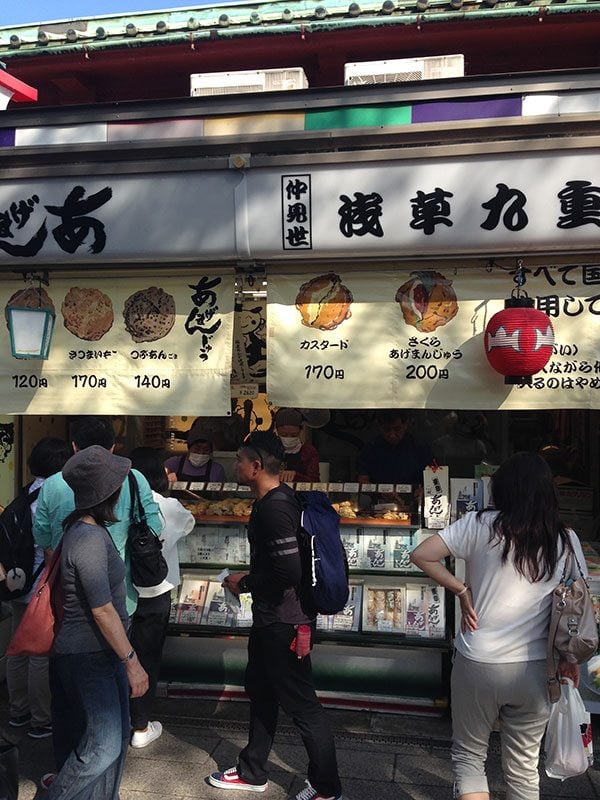
10. Sake
Before my fortnight in Japan I thought sake was an ok-ish drink served hot, fine when you were already a bit drunk. But there’s a bit of a sake renaissance going on in Japan, with lots of sake bars in Tokyo and Kyoto. Through trying different ones (there are hundreds), and talking to a sake sommelier in the Conrad hotel in Tokyo, I’ve discovered that I, as usual, was an ignoramus. The ones served hot are generally the cheaper ones. They have alcohol added and so are fortified wines, like port. Pure sake doesn’t have alcohol added, and comes in some wonderfully fruity styles. I am a new-found sake lover. We’ve brought lots back home and I’m told it doesn’t age – you have to drink it young. So you must excuse me while I go and polish off a bottle before it’s too late…
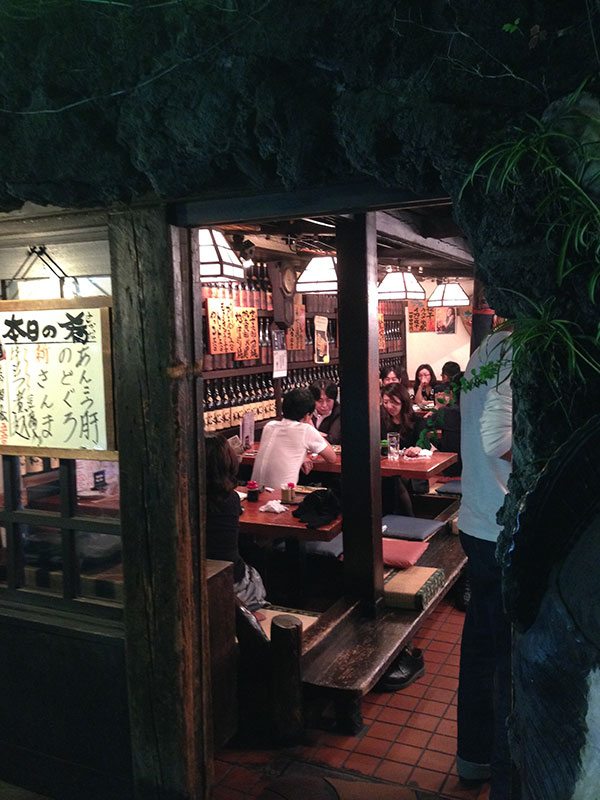
Les Dunn travelled to Japan with Inside Japan Tours. With thanks to Palace Hotel Tokyo and Hyatt Regency Kyoto, both of which can arrange private tours.
Subscribe to our magazine
Food stories, skills and tested recipes, straight to your door... Enjoy 5 issues for just £5 with our special introductory offer.
Subscribe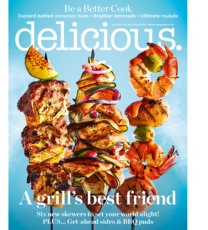
Unleash your inner chef
Looking for inspiration? Receive the latest recipes with our newsletter
